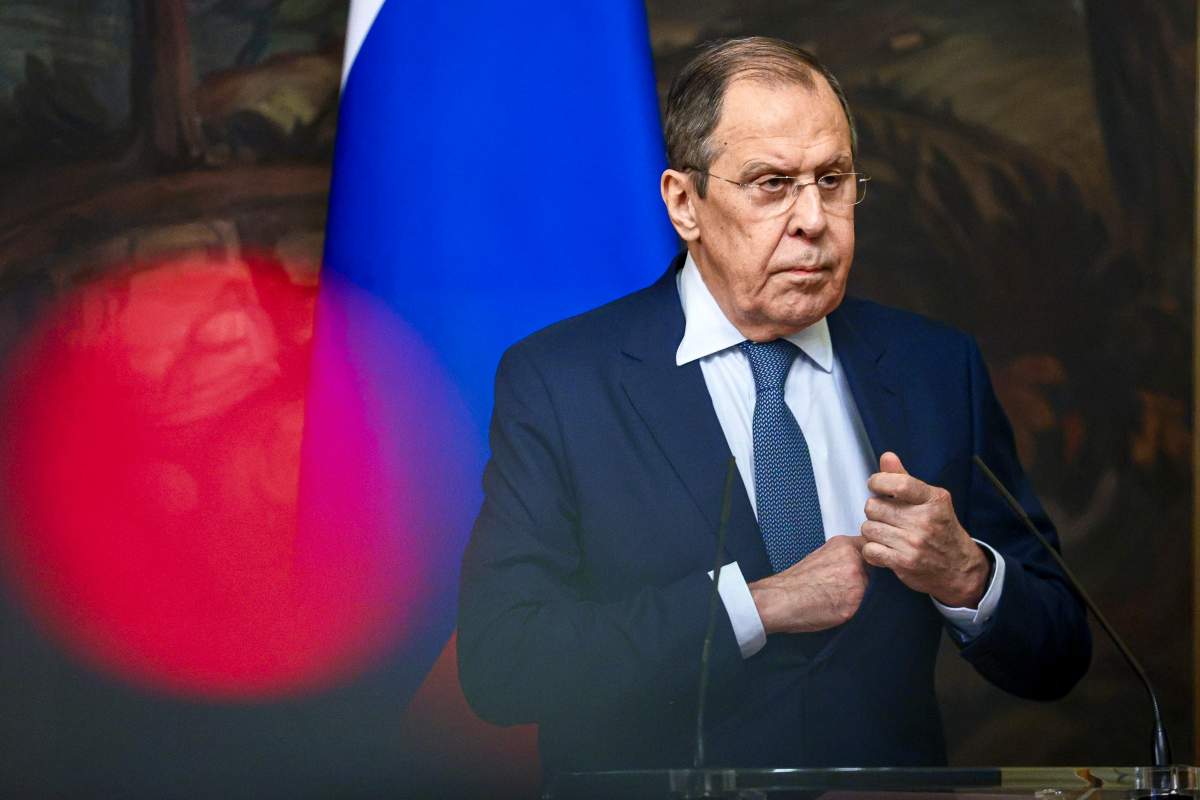Canada has disrupted an attempt to send materials to Russia in violation of sanctions imposed following the invasion of Ukraine, an official said Tuesday.

Border officers in Montreal seized the shipment, described as “dual-use goods” banned from export to Russia under Canada’s sanctions regime.
The shipment was one of more than a dozen with “suspected links to Russian entities” that the Canada Border Services Agency said had resulted in action.
The CBSA initially said it was the only seizure it could confirm under Ukraine-related sanctions, but later said it was the only one it could release details about.
It also added that the more than a dozen shipments it had acted on had “suspected links to the Russian military.”
CBSA spokesperson Judith Gadbois-St-Cyr said the shipment was detected last month and seized for lacking the proper export permits.
“The agency can confirm it has seized one prohibited shipment destined to Russia as a result of risk assessment and referral by CBSA counter-proliferation officials,” she said.
“The shipment was detained and the CBSA consulted with Global Affairs Canada experts who confirmed that the export of a component in the shipment was prohibited.”
The item was on Canada’s Restricted Goods and Technologies List, which sets out materials banned from export to Russia.
The sanctions were put in place in response to Russia’s unprovoked war on neighbouring Ukraine. The conflict is now approaching its sixth month.

Get breaking National news
“This CBSA seizure is positive and demonstrates that Canada’s sanctions against Russia are being enforced,” said Marcus Kolga, a senior fellow at the Macdonald-Laurier Institute.
But he said that recent reports that Italian authorities had seized a shipment from Canada of U.S. drones bound for Russia should be investigated.
Russia desperately needs drones as well as parts to repair Cold War weapons it has taken out of storage to replace those lost in Ukraine, he said.
“Russia and some of its Western suppliers may be seeking to skirt sanctions and export bans to secure parts to repair weapons damaged by Ukrainian forces,” he added.
“Canadians should be reminded that Russia has a history of not respecting international treaties and has itself violated international arms embargoes by shipping arms to regions where they have been banned.”
On Tuesday, the Canadian government added 43 military officials and 17 entities to its sanctions list, partly on the grounds they were complicit in war crimes in Bucha.
“We will not allow Vladimir Putin and his enablers to act with impunity,” Foreign Minister Mélanie Joly said in a statement.
The Russian embassy in Ottawa protested what it called the “illegal and unjustifiable” sanctions in a post on its Twitter account.
The statement falsely stated that war crimes committed by Russian forces in Bucha were “false flag operations” staged by Ukraine.
While Canada has sanctioned almost 1,200 individuals and entities since the Russian invasion began on Feb. 24, it has said little about the enforcement of these measures.
But the CBSA told Global News its Counter Proliferation Operations Section was working with the U.S. Bureau of Industry and Security (BIS) to “share information and targets.”
To help identify “exports of potential concern,” front-line officers in Canada and the U.S. have access to each other’s information bulletins, the CBSA said.
“While sanctions have been imposed on Russia and Russian entities, proliferators may use transit countries and intermediaries,” Gadbois-St-Cyr said.
“CBSA and BIS are extra vigilant while risk assessing exports to neighbouring countries, transit countries, and known Russian supporters.”
“The CBSA can confirm that it has acted (either intercepted, requested interception by partner governments or seized) more than a dozen shipments due to suspected links to Russian entities since March 1, 2022.”
The RCMP said in June it had frozen $124 million in Russian assets and blocked $289 million worth of Russian assets.











Comments
Want to discuss? Please read our Commenting Policy first.